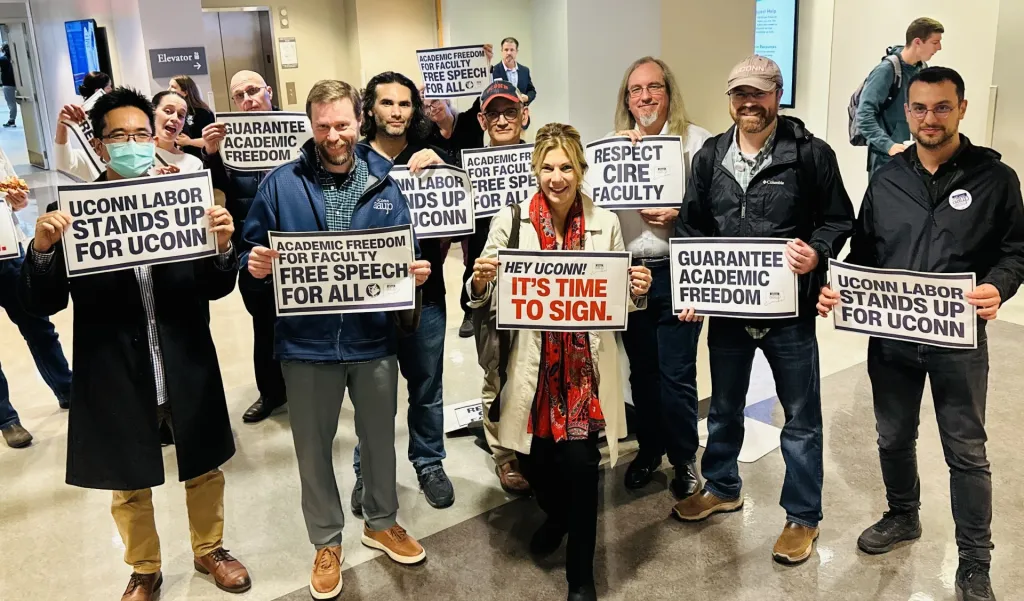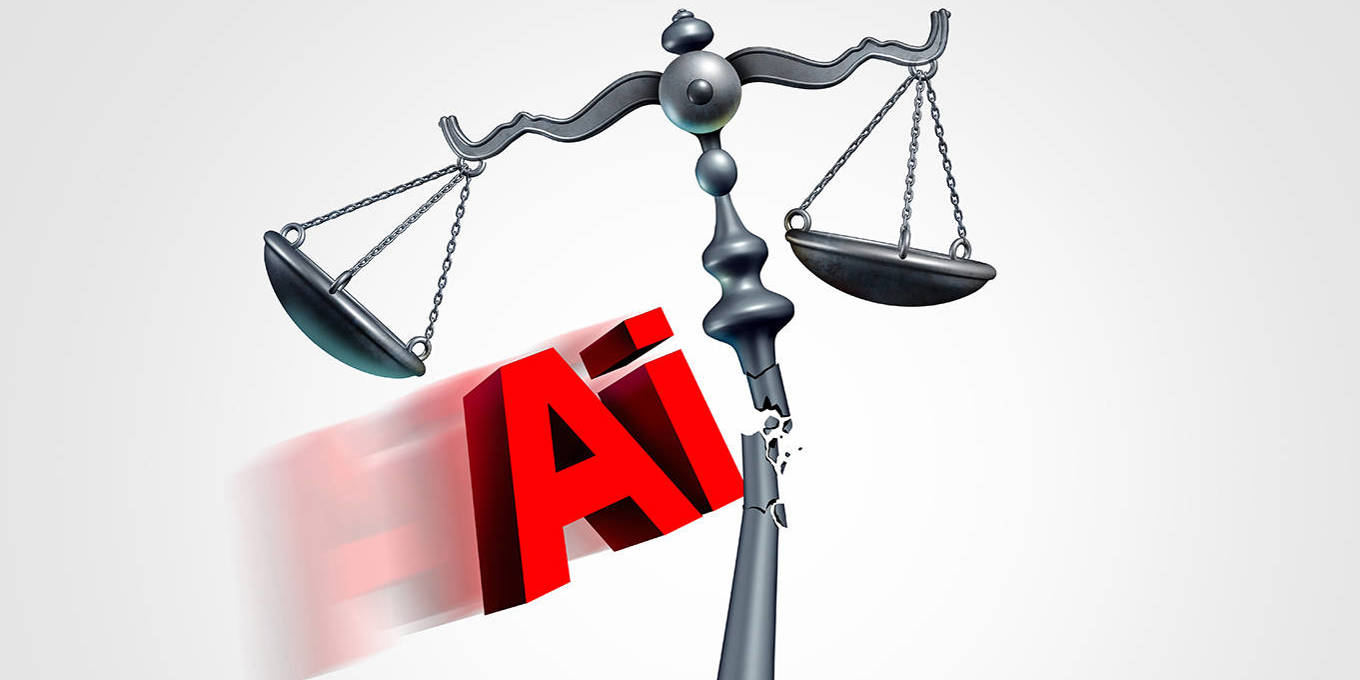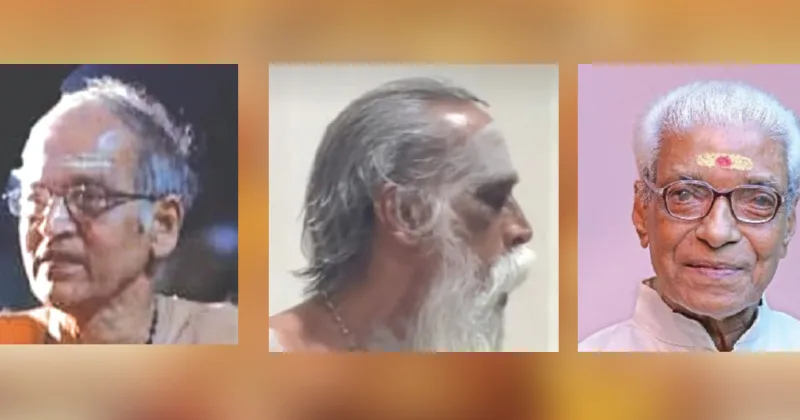Copyright Hartford Courant

In light of the Trump administration’s crackdown on free speech and calls to eliminate diversity, equity and inclusion programs, UConn-AAUP officials say they are looking for stronger protections for professors to be able to “teach, research, and express ideas freely.” For the last decade, the UConn chapter of the American Association of University Professors has been advocating for enhanced academic freedom protections in its collective bargaining agreement with UConn. Now those calls are becoming more urgent, UConn-AAUP officials say. UConn-AAUP members this week continued calling for more robust language concerning academic freedom in negotiations regarding its collective bargaining agreement with the university. They are asking for some of the language regarding academic freedom in the university’s bylaws to be part of the collective bargaining agreement. UConn-AAUP officials say they are still waiting to hear from UConn on whether the university will agree to revisions to the language in its contract for its 2,700 members which include faculty and athletic members. “We consider these protections essential given the ongoing climate of threats to academic freedom,” said Jeffrey Dudas, professor of political science and president of the UConn chapter of the AAUP. Pamir Alpay, interim provost and executive vice president for Academic Affairs said in an email that the “University of Connecticut is deeply committed to protecting academic freedom, which is fundamental to the pursuit of knowledge and central to our mission as a public research university. “As stated in Article XIII, Section B of the University Bylaws, ‘academic freedom applies to all members of the faculty and professional staff of the University,’” Alpay said in an email. ”This includes the full freedom to teach, research, publish, and engage in open inquiry and expression, consistent with the 1940 Statement of Principles on Academic Freedom and Tenure. UConn upholds the right of scholars to teach, research, and express ideas freely, guided by integrity, mutual respect, and a shared commitment to open inquiry.” But Chris Vials, professor of English at UConn who previously served as president of the UConn-AAUP said he is hearing from professors that the climate for academic freedom is getting worse at the university with professors self-censoring their views on social media and even having to tweak their syllabi in fear of clampdown from the federal government if they are teaching certain topics such as race or gender. UConn also is reconsidering offering its Anti-Black Racism course as a requirement for graduation in light of federal guidance. There are also added concerns about impacts to research. “We are all concerned about the people who have federally funded research,” Vials said. “People in the sciences and other areas and also in education whose jobs are dependent on getting research grants. They have had their grants tinkered with or canceled. A lot of these people don’t do political work at all. We are talking about Alzheimer’s research. They were the first ones to get hit.” Five Connecticut universities received an overall average failing grade for their campus speech climate in the 2026 College Free Speech Rankings, according to the Foundation for Individual Rights and Expression. UConn ranked 215 out of 257 schools in the rankings, FIRE reported. The public four-year university placed in the bottom 25 for both “comfort” and “self-censorship,” the report found. The university was also ranked in the bottom 50 for “openness,” according to the report. Stephanie Reiz, spokesperson for UConn, has said in an email statement that the university “encourages and upholds free speech on all of its campuses as a bedrock principle of our university and society.” She added that the university would not typically comment on a poll for which they are not privy to the data and methodology beyond noting that it appears to reflect less than 1% of the university’s 34,400 student population. Erik Loomis, professor of history at the University of Rhode Island and vice president of the University of Rhode Island/AAUP, said URI included robust language for academic freedom in its collective bargaining contract with the URI/AAUP for the last 50 years. “A violation of academic freedom at URI is a grieveable offense,” he said, explaining that if the university were to violate a member’s academic freedom, they could field a complaint through the labor grievance board and go through arbitration. He said this wouldn’t happen at UConn as the agreement does not specify it as a grievable offense. The language in the contract at URI includes protections for academic freedom in conducting and publishing research, teaching, political activity and outside the classroom running for office, Loomis said. Sam Sommers, assistant professor in residence and vice president for membership and organizing at the UConn-AAUP said, “We want guarantees of academic freedom as a contractual right. “Our university leadership has refused to sign on to letters supporting academic freedom,” she said. Vials said many faculty really don’t feel that the UConn administration will “have their back if something goes down with academic freedom.”



